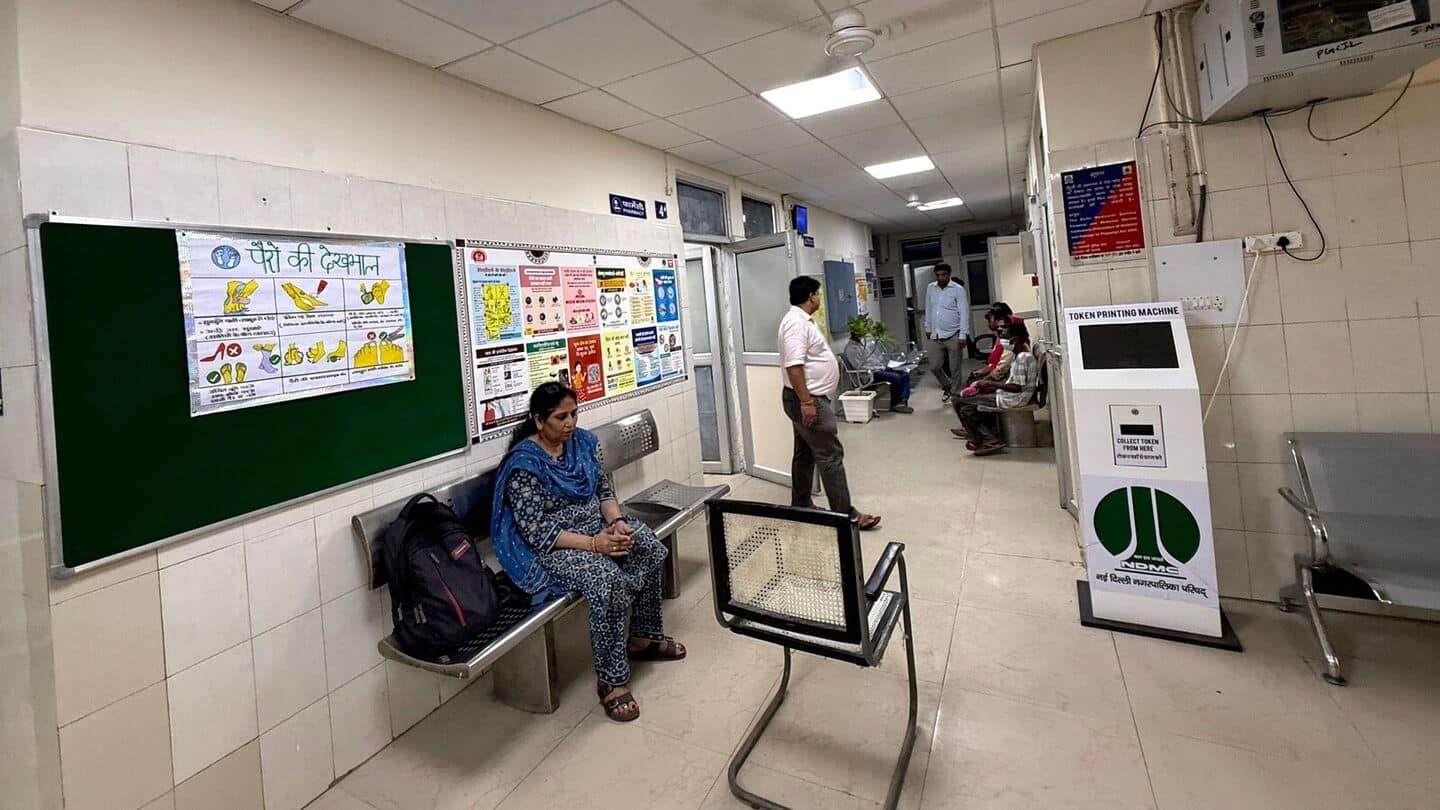
Mumbai reports surge in mosquito-borne diseases; 3,490 malaria cases recorded
What's the story
Mumbai has been witnessing a sharp rise in malaria, chikungunya, and dengue cases this July. According to data from the Brihanmumbai Municipal Corporation's (BMC) Epidemic Cell, over 630 new malaria cases were reported in the first two weeks of July alone. This takes the total number of malaria cases from January to July 14 to 3,490, an increase from 2,857 at June-end.
Disease spread
Rise in chikungunya and dengue cases as well
Chikungunya cases have also risen from 140 in June to 179 by mid-July, a sharp increase from last year's figure of just 46 for the same period. Dengue cases have also increased, with 282 reported in the first half of July as opposed to 105 in June. However, they are down from last year's figure of 966 for the same period.
Health impact
Surge in hospital visits
The rise in cases has led to a surge in hospital visits. Dr. Gautam Bhansali, a consultant physician at Bombay Hospital, said they are seeing 50-60 malaria patients weekly, with some requiring hospitalization. "Those with comorbidities are at greater risk," he added. Health workers at Aapla Davakhana also report testing 10-15 people daily for malaria and dengue.
Preventive measures
BMC launches Zero Mosquito Breeding Campaign
In response to the rising cases, the BMC has launched a Zero Mosquito Breeding Campaign. The campaign aims at checking mosquito breeding in hospitals, offices, and homes. This comes after a visit by officials from the National Centre for Vector Borne Disease Control. Leptospirosis and gastroenteritis cases have shown a downward or stable trend during this period.
Safety tips
Preventive measures to keep in mind
To prevent the spread of these diseases, personal and environmental precautions are important. Mosquitoes breed in stagnant water and bite mostly during early morning and evening. It is advisable to use mosquito repellents daily, wear long-sleeved clothes, sleep under mosquito nets, and cover windows with screens or keep them shut. Removing stagnant water from coolers, pots, etc., and cleaning drains regularly are also advised.